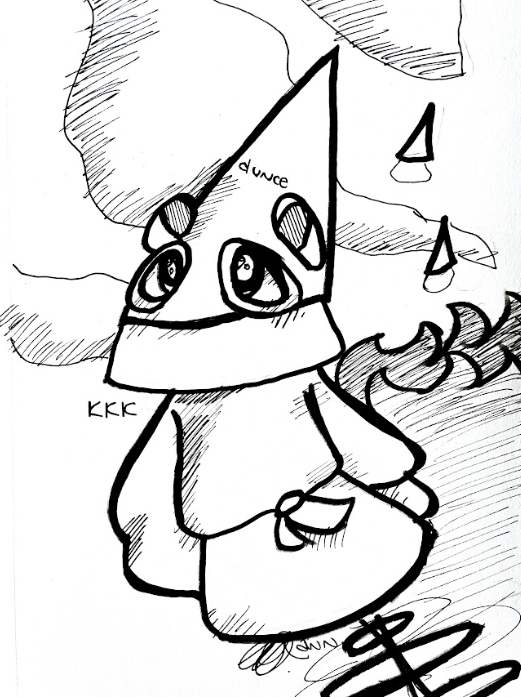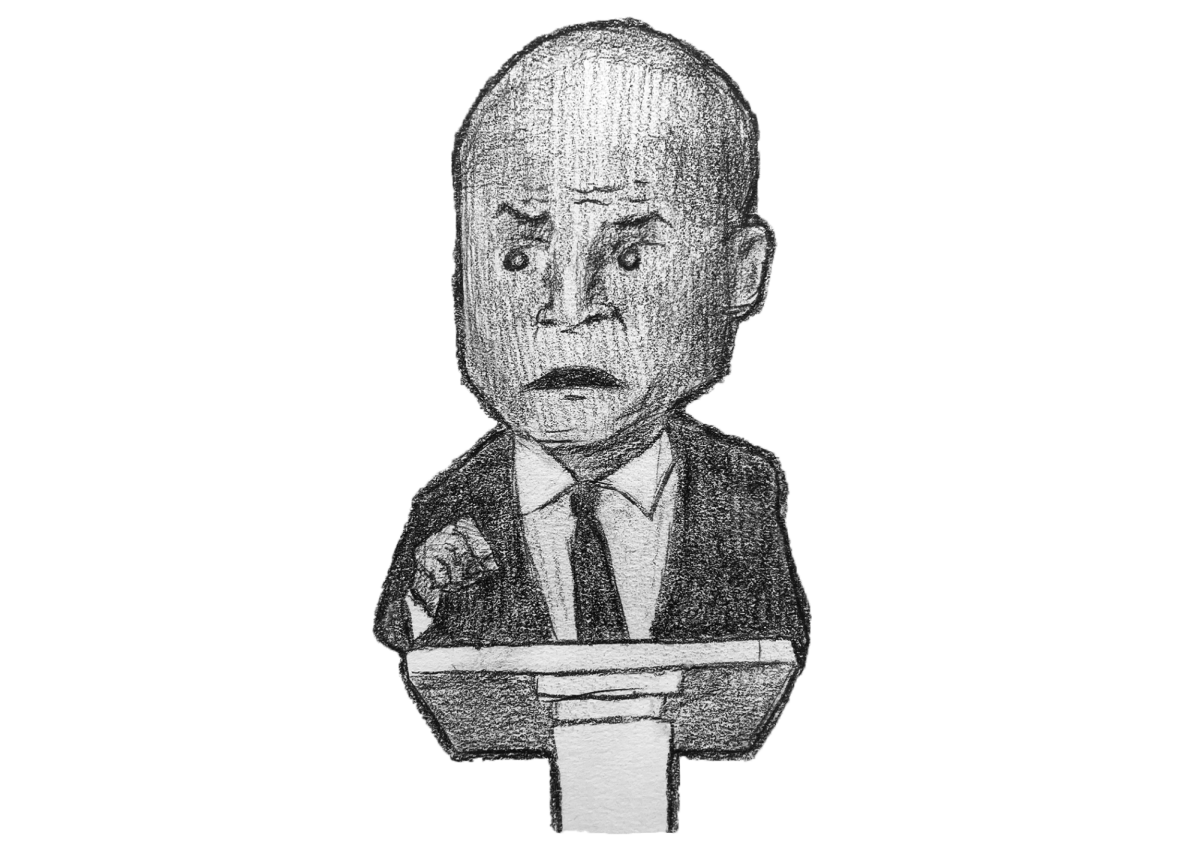Ford chose to risk 180 deaths rather than spend $11 more per car manufactured. Failure to regulate the financial industry and firms taking on too much risk resulted in American households losing $16 trillion. Healthcare companies lobbying to prevent universal healthcare results in about 68,500 annual preventable deaths. No proper punishment was given to those putting Americans’ safety in jeopardy.
On April 1, U.S. Attorney General Pamela Bondi directed federal prosecutors to seek the death penalty for Luigi Mangione, the alleged murderer of former UnitedHealthcare CEO Brian Thompson. Mangione has 16 criminal charges across state courts and four charges from the federal government, where he qualifies for the death penalty.
This order continues President Donald Trump’s effort to bolster the death penalty nationwide. In her order, Bondi cites her desire to “carry out President Trump’s agenda to stop violent crime and Make America Safe Again.” However, sentencing Mangione to death will only push him to martyrdom and represent the perpetuation of unequal punishment between economic classes in the U.S.
Regardless of whether or not people believe the death penalty is morally acceptable, executing Mangione is an unjustifiable course of action. Few incidents of school shootings ever see such a steep consequence, despite these crimes having more victims. While the Parkland High shooter faced the possibility of the death penalty for killing 17 people, he was given a life sentence. However, much worse are white collar crimes that widely go unpunished.
According to Embroker, white collar crime costs $426 billion to $1.7 trillion annually, a figure much greater than the $15 billion stolen through common street crimes. Even though the financial losses to white collar crime are significantly greater, they often receive less publicity and cannot be punished due to their complexity and the lack of resources given to pursue these crimes. This figure does not count losses due to deaths associated with pollution, global warming, healthcare and consumer safety, which corporations fight to keep unregulated.
A poll reported by Axios affirms the public’s support for Mangione, with 48% of respondents viewing his alleged actions as somewhat or totally justified. In contrast, only 17% of respondents sympathized with Thompson. Additionally, Mangione’s alleged actions prompted protests against the healthcare industry for their practices and claim denials. The Trump administration’s actions have also faced strong resistance from citizens. With these protests, including the intentional burning of Teslas, there is no telling what upheaval would result from giving Mangione the death penalty.
Sentencing Mangione to death would represent a continuation of the privilege given to corporations and the elite of the U.S. This order only shows that the U.S. determines the weight of a sentence by the wealth of the victim. If Trump and Bondi truly wanted to “make America safe again” through punishment, they would not only hold criminals on the streets accountable but also the criminals who sit at the top of their skyscrapers and play with American lives in the name of ensuring profit.





